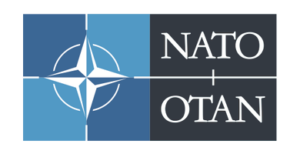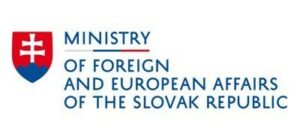The material is an output of the project “Our Europe – Nationwide Citizens’ Consultation in Relation to EU Membership”, implemented with the support of the Ministry of Foreign and European Affairs of the Slovak Republic. Its ambition is to qualitatively map public attitudes towards the future of the EU, the position of Slovakia and the perception of the EU by Slovak citizens. The project also includes the development of recommendations for the representatives of the Ministry of Foreign and European Affairs of the Slovak Republic, as well as the Government of the Slovak Republic, in relation to the ongoing Conference on the Future of Europe, as well as the provision of ideas for the calibration of the necessary strategic communication with the Slovak public. This proves to be particularly crucial in light of the declining positive sentiment of Slovak citizens towards the EU, as demonstrated by recent opinion polls.
The first part of the document summarises the results of the nationwide citizens’ consultations carried out in the form of focus groups as part of the project. The individual findings are organised in a natural sequence according to the thematic areas covered by the consultation. At the end of this first section, we also present the cross-cutting findings that emerged from the individual discussions.
In the second part of the document, the results of the in-depth interviews are further categorised and interpreted in the form of a clear SWOT analysis, which describes and assesses the individual strengths and weaknesses, as well as opportunities and threats associated with the perception of the European Union, its future and membership and the Slovak public’s perception of the Slovak Republic’s role in it. This analysis is further followed by recommendations, categorised according to the addressee. A special annex to the document is a list of questions asked to the respondents during the in-depth interviews, as well as a list of selected authentic quotations from the participants of the consultations. The latter illustrates the interpretative part of the analysis and at the same time presents an original summary of the references made by Slovak citizens for the purposes of KOBE.
The entire document, prepared by Katarínou Cséfalvayovou can be found here:
Realized with the financial support of the Ministry of Foreign and European Affairs of the Slovak Republic under the Grant Programme of International Relations and Foreign Policy of the Slovak Republic. The contents of this document are the sole responsibility of the Institute for Central Europe.


